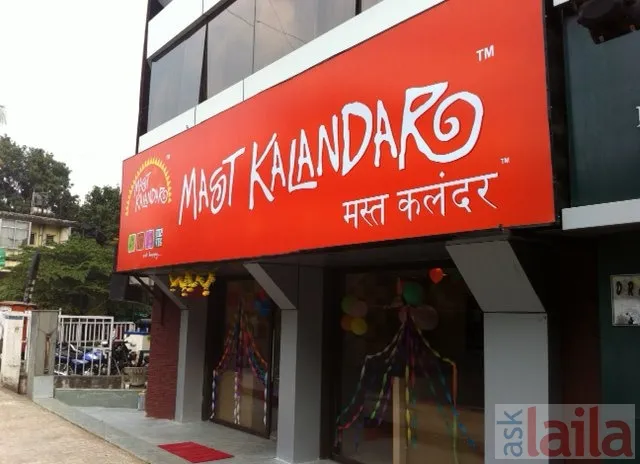Mast Kalandar's Magic Works on Foodies; Raises US $6 Million in Third Round of Funding

The QSR segment seems to be a flourishing trend in India! We recently pondered over the "investor appetite" in this segment, and saw Ammi's Biryani and Poncho getting funded. An abundance of growing market opportunities for the QSR (quick service restaurants) business in India has given a boost to the dreams of players such as Mast Kalandar; the leading North Indian Vegetarian food chain has raised USD 6 million from Helion Venture Partners and Footprint Ventures, in its third round of funding. Established in 2005, Mast Kalandar is a brand owned by Spring Leaf Retail, the entrepreneurial venture of Gaurav Jain and Pallavi Gupta. The previous two funding rounds saw the participation of Helion and Footprint Ventures, alongside angel investors, the Salarpuria group. When YourStory had caught up with this duo in March'11, they had aimed for opening 100 outlets in the next 3 years; they seem to be going on the right track. The current tranche of funds, will be used to address key growth factors and scaling up to 100 outlets across 8 cities in the next 18 months.
Within the Rs 8000-crore organised “eating out” market in India, QSRs are witnessing the fastest growth of nearly 25% annually. Key reasons for this growth include a high number of nuclear families and urban migrant population, a growing preference for vegetarian food, especially, North Indian and a spike in the number of people “eating out”*.
Speaking on this investment, Kanwaljit Singh, Senior MD, Helion Advisors said, “The Mast Kalandar proposition of home meal replacement comes at the right time when more and more Indians are opting to eat out more often. The QSR space in India faces challenges such as long gestation periods, rising real estate costs and complexity of logistics and back-end operations. Moreover, Indian food, unlike certain western cuisines, does not lend itself readily to the assembly-line production model. In this scenario, Mast Kalandar has been exceptional in getting the delivery model right and scaling to 40 outlets.”
Linda Brownstein, Co-Founder of Footprint Ventures said, “We have worked with the Mast Kalandar team from the early days of the venture and have been impressed by how well they have cracked the ‘unit model’, a key to the restaurants business, and their ability to deliver a consistent, high quality product across so many outlets and cities. We believe that there is a healthy appetite across the country for good desi food and the team is ideally poised to exploit that opportunity.”
Commenting on the funding, Guarav Jain, CEO, Mast Kalandar said, “This funding is a reinforcement of our growth story. We have had great chemistry with Helion and Footprint and share a common vision about the phenomenal opportunity for QSRs in India. We believe that this round of funding will help us achieve some remarkable milestones in the coming months and help us to reach out to more customers and serve them good food.”








